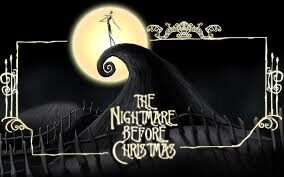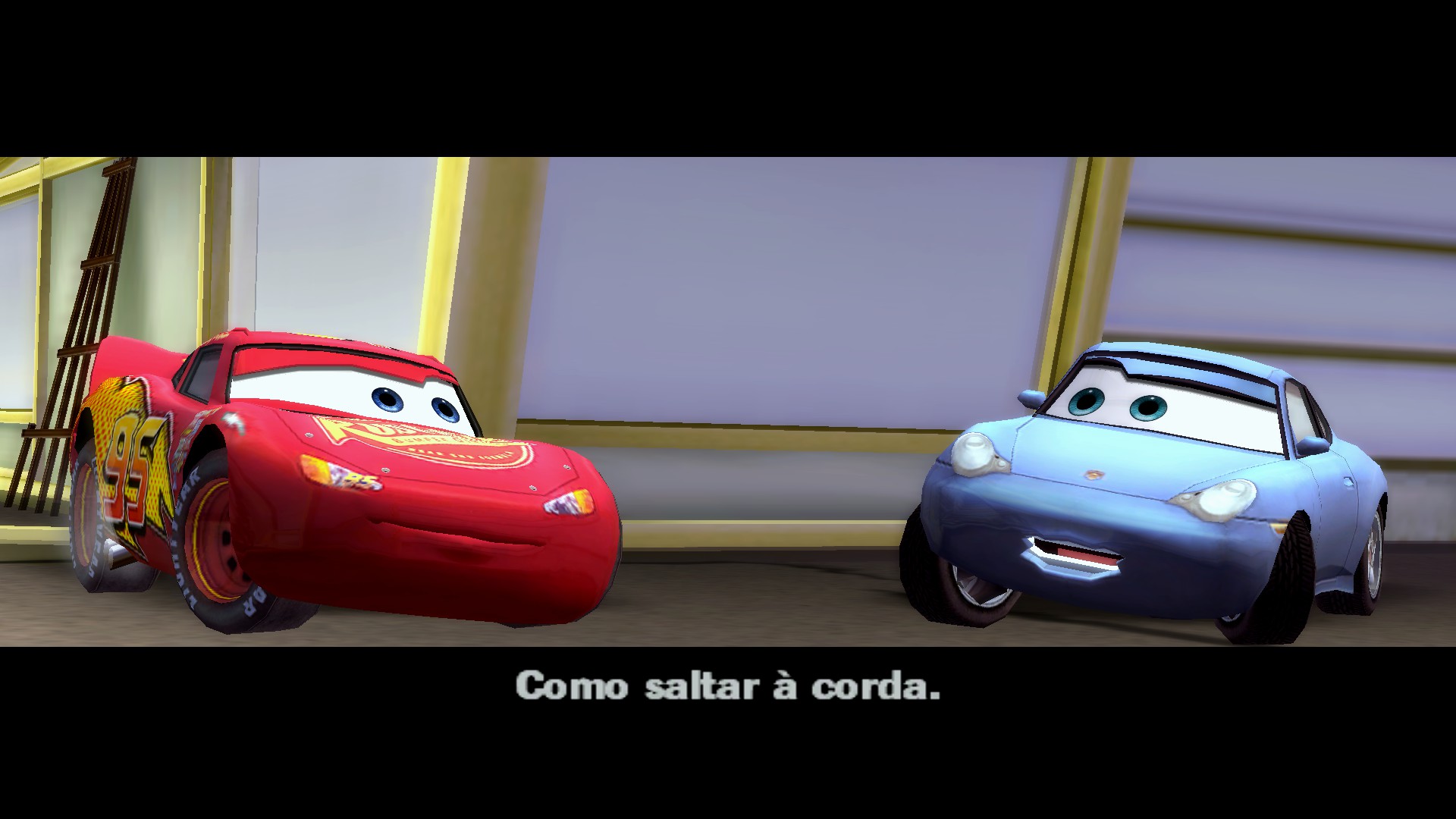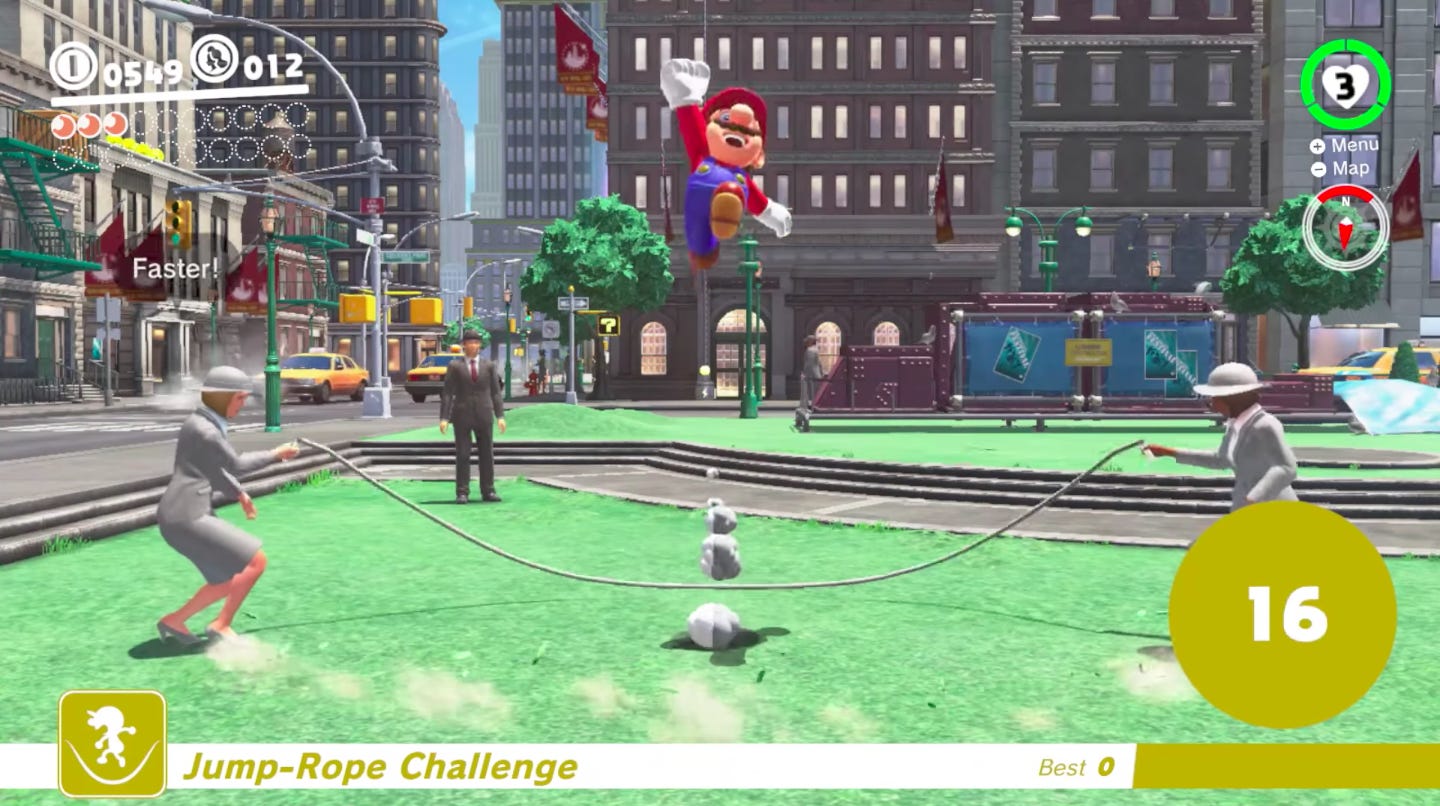I don’t know when you, dear reader are reading this but at the time I write this holidays were only a few weeks ago. What we can define as holidays by itself is an interesting question when translating a flyer or even some a literary text because it means wildly different things in different contexts but, at least when I refer to them in this text I mean them to mean Christmas Time, New Year and the 6th of January. Perhaps I would do well in doing what any good translator does when referring to ideas they’re unsure carry through and just make it a more general, almost broad enough to be useless term. I could refer to them as the “Winter Holidays”, or “the Winter Break”, both terms that could refer you to a dozen different concepts depending on your cultural background. Do I mean the Nordic Yule? The Christian Christmas? The Jewish Hanukah? Any other I am not overly familiar with given my Western European descent? That’s the thing, isn’t it? It could mean all of them, or it could mean none of them.
But that is not the topic I wish to discuss today besides meriting a brief mention of it. Whether or not you think “Thanksgiving” or “Day of the Dead” as part of the broad, almost undefined period of “End of year holidays” that is not the topic over which I choose to focus on today. No, rather I wish to continue my deep dive on Disney Pixar Cars the videogame, or just Cars the game. If I may be so bold as to confess it, the reference to holidays serves more as an excuse for why I have not written in more than a month than any sort of topic of interest. It’s one of those “adult things” I am now privy to, a “I’ve been busy…you know, with the season” lands me a grunt of affirmation and no further explanation is required.

Call them what you like…the Holidays are The Nighmare Before Christmas time for me…
The truth is that in between final evaluations at school, a need to recover from my (lack of) study, spending time with friends and family and utterly failing at trying to escape Christmas music every time I went out, as I I did not care if a female singer gave her heart away I somewhat cut back on my gaming. It surprised me too, as a child Christmas was pretty much one of the only times where I got new games, things to play and while that was not exactly true anymore as I indulge in several small one or two USD impact buys on occasion, it was usually the time of the year where I most played. With weather too cold to go out, something to which the pandemic adds this year, and enough free time now that school’s on break to do whatever one would think the choice would come easy.
Instead, rather than indulging in building and rebuilding my Bionicle collection or playing the few Christmas songs I know how to play on my synthesiser I found myself not doing much of anything. I spent hours watching video essays on Youtube, or listening about childhood games, I got back into speedrunning, though I did not set any records…I did everything I could to distract me…everything that is, except write this article.

Considering this isn’t even half of them…I might have a problem
It was not that I had no idea of what I wanted to write about, guided as I was by my screenshots, or even that I didn’t feel like writing but the words did not come easily to me. In writing as in translation, once I get on a rhythm I rarely if ever do need to think of what I’m going to input on the page next – Editing and proofreading will happen, no doubt about that, and they will be enough to make one second guess any translation or long description in one’s prose, but when one gets in the “rhythm”, when one starts writing, with little or no plan but just an idea of what one wants to express that is a state one can be envious of, one that any translator (I believe), or at least those I’ve known love to achieve.
It also makes one overly verbose. Really that we’re 700 words into this and I haven’t yet started talking about Cars is proof enough. Even as personal as I consider Talking-Translation to be at points, I truly understand that is not the main appeal. It is so, then, that rather than ramble on for hours about my holidays and time I spent or didn’t spend doing this or that I should really enter the topic. And today’s topic is one that sadly often breaks one from their groove…or, if you know both languages, makes you question the translation. It’s one of the easier things to get wrong, and one of the easier things to, as a reader, make you stop and go “uhh?”. I am of course, talking about common sayings.
SAYINGS…THEY’RE EASY AS…JUMPING ROPE?
Sayings are a particular element of language that rarely, if ever get thought about. Sentences meant to signify a widely acknowledged truth or idea they are a fascinating thing to know but one that frankly doesn’t appear to have much importance placed upon them. What do I mean by that? Much like swearing, something I’ve covered previously they are something that you learn not by memorisation, though you can certainly memorise a few dozen or even hundred but rather by use. Outside of context they can sound ridiculous, just absurd enough that they make no sense and that is something which presents a problem.
Many of them do have – and I shudder at using this word, knowing how much I should not use it – equivalents. Calling them equivalents is by itself a trap that we fall into because we then get to ask what is equivalent – the words, the meaning, the assigned moral – but some of them do follow up a familiar enough wording/idea that one can feasibly think of them as sharing the general idea.
For instance A cavalo dado não se olha o dente, a literal, translating the sentence without regarding with how it’d sound in English or whether it’d sound good or natural would mean something like to a horse given one doesn’t look at their teeth. Is it a weird way of putting it? Something that shows very much foreign (and the discussion on how foreign a translation should be is another interesting one), but if one thinks for a few minutes and looks at the list of English sayings it is not a stretch to call it similar, if not outright the same as You don’t look a gift horse in the mouth. Teeth, lips or mouths, in both cases there is a focus on the horse’s dentures and a gift horse is by all accounts a horse that has been given. Or what about one of my favorite ones? De boas intenções o inferno está cheio something that again, caring not for how foreign a translation it would be, directly translating it would gives us something like “Good intentions fill hell up” or “hell is full of good intent”. Again, English has a very similar saying not too far removed in terms of word choice. “The road to hell is paved with good intentions”.

Though as Uncle Scrooge taught me…maybe you should look a WOODEN gift horse in the mouth…
Such are proverbs, in that by displaying truths often universal to the human experience generally find themselves being shared in many languages. In fact given the source of many of those proverbs is the Bible, probably the most translated and widespread work in Western Culture it would make sense for them to exist in some way or fashion.
This doesn’t mean that all proverbs exist across all languages, nor would that make sense, while many of them are biblical several of them are dependant on culture or history, often ignoring religion altogether, proverbs like “casa onde não há pão, todos ladram e ninguém tem razão” which would mean something like “in a house without bread everyone barks, and no one is in the right” is very Portuguese, in a culture where, perhaps inspired by Catholicism the breaking of bread is a huge part of family gatherings and where poverty has never strayed far. Countries that place no such important on bread – as more than the body of Christ but perhaps one of the basis of sustenance would perhaps not mention bread, though they might mention the underlying message – when hunger strikes that is a problem worth dealing with rather than commit to infighting.
Translating proverbs is a challenge even if you do know what they mean of course. Imagine you’re translating a fantasy novel or video game following in the rough Tolkien archetypes. Now in Tolkien and as such a lot of modern fantasy Elves are depicted as agnostic, downright atheistic, long lived and granted with immense beauty, magic and education it has become common for them to have questioned or abandoned faith. It is not such foreign a concept, rooted in humanity that you couldn’t have an elf character express the idea that “talk is cheap, actions mean a lot more” but, even assuming there to be a direct equivalent to hell in this novel of yours, would an elf really and freely refer to such a proverb rooted as it is in Western Religion?
I am taking this idea to the extreme, an exaggeration meant to make you laugh so as to display my point but we have a saying in Portugal “All roads lead to Rome”. Now if you knew about the Roman Empire, and later on the importance of the Vatican that saying makes sense – it is in fact historical reality, widely acknowledged that all roads would eventually lead to Rome, but reference it as you may, would it make sense for your Sci-fi character in a universe where Earth is but a memory, to use such a sentence? I do not mean in a sort of archelogical tone like Data from Star Trek “20th Century humans had this saying referring to the Italian capital Rome and the abundance of roads leading to them”, but rather a character that isn’t aware of Earth, perhaps doesn’t even know what a human is – Where and how would they get the idea that all roads lead to Rome?
More general than proverbs however there are some sayings that don’t serve to express a moral but rather to present an idea. Think of, for example the Portuguese ficar a ver navios, “to stand and watch ships go by”, now there is a particular, historical reasons for that sentence to mean what it means in Portuguese – for reference sake it means “to be left empty handed/to be tricked/to not get what you want” but you can generally get the idea with some other English sentences that are not literally “to stand by and watch ships”. Try for example “to be left as poor as a church mouse” or “to be left without two pennies to rub together” (those pertain to the financial meaning and not the failing at a goal one).
One that I have heard often without ever pondering it has always been easy as pie it’s…well, easy to take it in stride as just one of those things that are said and that you hear an entire lifetime and you never question. Free as in beer is something you hear and immediately get the gist of – it’s an item that doesn’t cost you anything such as a pint of beer – as opposed to more philosophical concepts of free, relating to freedom but easy as pie?
If I had to guess I’d wager it has little to do with the mathematical Pi, and even less to do with actually cooking a pie, something I’ve attempted in the past with not much success and more to eating it. It’s as easy as (eating) pie, seems to make sense given how delicious a warm, moist, slice of pie would be. In fact just thinking about it while writing this makes me kind of hungry.
More interesting than that however is how the saying has been translated. Now as with anything dealing with translation there are a dozen options, and none are inherently better than the other. Pies are considered an American treat, not familiar to Portuguese cuisine, but there is nothing stopping us from a direct translation, literal, of the English, keeping the reference to pie. Or, if a pie is deemed too foreign there are half a dozen items you’d find in a Portuguese bakery that could replicate the effect. Remember if we go by meaning you don’t have to have something pie like, though you can find it with enough effort, just something sweet.

The entire reason I started this deep dive though, and the reason I even looked at Cars as an option to examine was the unique way they dealt with this question. Different translators will have different ways to deal with this and yet this is such an unique outlook, one I have never seen replicated elsewhere I just had to write about it.
As easy as jumping rope. That would be the direct translation the translator went for. And it’s one that absolutely fascinates me.
Now jumping rope, a game where two kids hold a rope and swing it and a third tries to jump over it while they gradually increase speed is, I believe, universal enough a game that I don’t need to get into too much detail about it. There might be variations, in Portugal we have, depending on region, a half a dozen songs we sing while swinging the rope but the general idea is the same…But the thing about jump rope is…

Besides being a great mini-game in a great Mario game…
Well I have never particularly good at it. It’s a confession that is a bit silly to make but while I was very athletic in other areas, and had other sports I was “kinda good at”, whenever I was brought to jump rope I never succeeded in doing more than 15 or 20 jumps. A lot can be said about me, and I can even go as far as to praise my skills as a goal keeper (a position I occupied throughout my life) but the asthmatic, easily tired kid who was just a tad bit overweight…well the kid wasn’t good at jumping rope. I should know, because that kid was me.
And this is perhaps why the choice intrigues me so. It’s not that it’s a wrong choice but it speaks to the life experience of the translator, and it’s one I don’t share. Let’s ignore for a moment that this takes place in the universe of Cars – and that it implies they somehow jump ropes even without hands, probably holding the rope with their tongues…Why was this choice made?
Does it stern from the character who says the line= Lightning Mcqueen IS an athlete and later on in the game he’ll be able to jump over obstacles, so the line could refer to that. If that is the case, then it Is something I must praise the translator for doing, keeping it in character. Is it that Lightning is a “big town car in a small town” and so isn’t good at those “countryisms?” might be, though that was not an element present in the original…Is it that he’s just kind of dumb? Saying whatever comes to mind? That might very well be true, too!
As much character as it would add to Lightinng I strongly do believe that it’s a choice that runs unique and singular. That isn’t a bad thing – as I said in translation there is always more than one option and I know that there isn’t a standard for “easy as pie” because I’ve seen it translated a dozen different ways. But as easy as jumping rope – that one is unique enough for me to take notice…

Pingback: DISNEY PIXAR CARS DEEP DIVE #4 – Lack of Context – Talking Translation